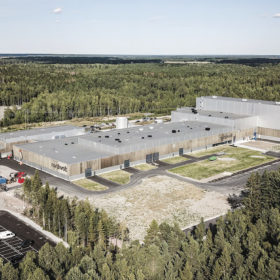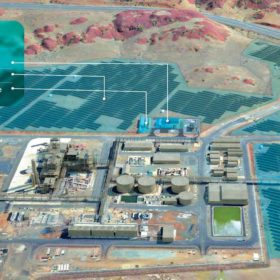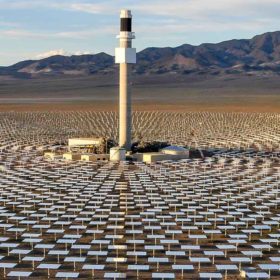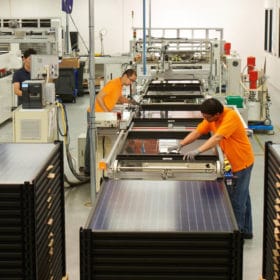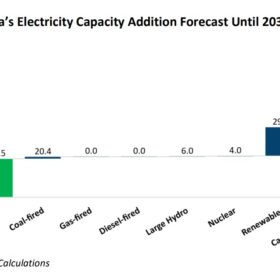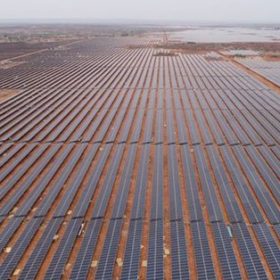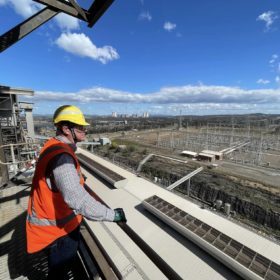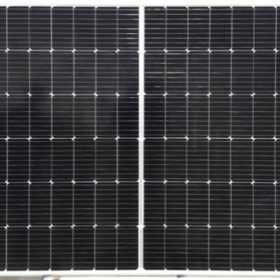Weekend read: Five strategies for battery procurement
The worst effects of the pandemic may have passed, but supply chain disruptions continue to be felt across the world. The effects of the war in Ukraine are also evident to all of us in our daily lives, from commodities to energy, food supply chains and beyond. The disruption in the battery energy storage system (BESS) supply chain is no different, writes Cormac O’Laoire, senior manager of market intelligence at Clean Energy Associates. Indeed, as the cost of raw materials such as lithium climb, battery prices are being driven materially higher, on some accounts by 20% to 30%, rendering some projects uneconomical.
What to expect from COP27: the horns of the energy trilemma
While not one of the big five-year-cycle COPs like Paris or Glasgow, COP27 is still hugely important, write Wood Mackenzie analysts. The fallout from the conflict in Ukraine has tilted the precarious balance of the energy trilemma – sustainability; affordability; security – towards the latter. But despite this temporary setback, some progress should still be possible.
World first certification of green ammonia plant in Australia
There is almost a daily announcement about a major green hydrogen project being built somewhere in the world. Hydrogen and ammonia can be made from fossil fuels but also from renewable energy and water using an electrolyser producing zero carbon emissions. It is critically important that we can tell when it is zero emissions and prevent ‘greenwashing.’
Solar at night
Director of the Australian Solar Thermal Research Institute, Dominic Zaal, offers a deep dive into the capabilities of concentrated solar thermal technology, including what has been proven by global projects so far and how the all important Power Purchasing Agreements stack up.
Making Australian solar circular
Former Tindo Solar CEO, Shayne Jaenisch, outlines how Australia’s renewables industry can avoid forced labour, cut waste, secure its supply chains and create a domestic manufacturing industry.
Longi eyes green hydrogen market in India
Longi is entering the green hydrogen market in India with new alkaline electrolyser offerings. It also plans to roll out a next-generation Hi-MO solar module later this year.
India expected to annually deploy 35-40 GW of renewables until 2030
Ambitious government targets and commitments by both private and state-owned companies will propel renewable energy installations.
Indian state set to build 1.2 GW solar park
Bundelkhand Saur Urja Ltd. has opened bids from project management consultants for the 1.2 GW Jalaun Solar Park, which is now being developed in the Indian state of Uttar Pradesh.
Boulevard of broken plants: Can NSW reserves handle non-green days?
It’s been easy to get caught up in all the news from the Victoria and Queensland governments proposing record-setting funding and environmental targets by 2030 and 2035, along with the news of AGL bringing forward the closure of Loy Yang A.
NeoSol unveils 550 W mono PERC solar modules
Indian solar manufacturer NeoSol has unveiled its Black Pearls series of mono PERC modules. The power outputs range from 535 W to 550 W, with power conversion efficiency ratings between 20.7% and 21.33%.
